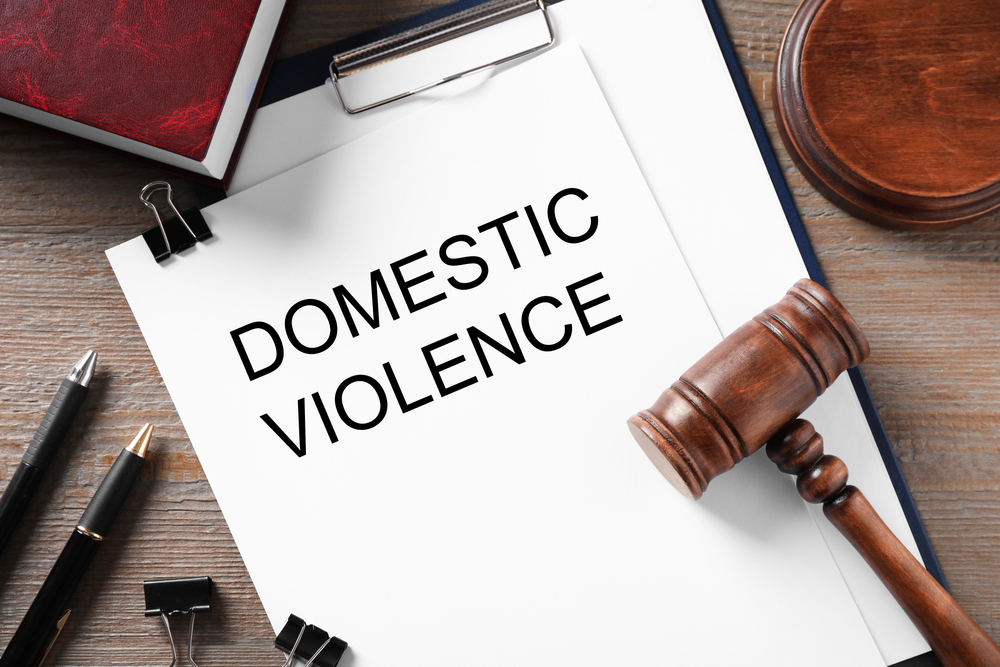
The wheels of justice turn with careful deliberation, particularly when it comes to cases involving domestic violence. These cases bring to light complex legal, emotional, and societal considerations that necessitate a thoughtful approach. Navigating the bail process within the context of domestic violence requires a keen understanding of both the legal intricacies and the human lives affected.
In this article, professionals specializing in domestic violence bail bonds in Middletown, CT, guide you through the labyrinth of bail procedures in domestic violence cases, shedding light on how bail amounts are determined, the significance of risk assessment, and the paramount consideration of victim safety.
What is the bail process for domestic violence cases?
In domestic violence cases, the bail process revolves around the fundamental concept of securing an individual’s release from custody pending trial by providing a financial assurance or bail bond. This allows the accused to await trial at home rather than in jail, while ensuring their appearance in court. However, the bail process for domestic violence cases is uniquely tailored to account for the safety and well-being of victims.
Legal procedures and human considerations
As the bail process commences, judges and bail agents must carefully weigh both legal protocols and the safety of potential victims. The decision-making process is guided by a combination of factors, each intricately intertwined with the ultimate goal of safeguarding both the accused and the victim.
Determining bail amounts
In domestic violence cases, the determination of bail amounts is influenced by a variety of factors. These include the nature and severity of the alleged offense, the accused’s criminal history, ties to the community, and the potential danger posed to the victim or community at large. Judges strive to strike a balance between offering an accused individual the opportunity for pretrial release and ensuring that they do not pose a risk to others.
Risk assessment and its role
Risk assessment plays a pivotal role in domestic violence cases. Bail agents and judges assess the likelihood that the accused will engage in harmful behavior while awaiting trial. If the risk is deemed high, they may impose stringent conditions or deny bail altogether. These conditions can range from mandatory counseling and no-contact orders to electronic monitoring.
The crucial role of victim safety
Ensuring the safety of victims takes precedence in domestic violence cases. Judges carefully consider any history of violence, threats, or intimidation when making bail decisions. They may implement measures to shield victims from potential harm, such as restraining orders or keeping the accused at a distance.
Balancing rights and safety
The bail process in domestic violence cases is an intricate balancing act, weighing an individual’s constitutional right to bail against the necessity of protecting victims and the broader community. While the accused is innocent until proven guilty, the potential risk associated with domestic violence cases requires a cautious and sensitive approach.
What is the leading company for domestic violence bail bonds in Middletown & across CT?

At BailCo Bail Bonds Manchester, we understand the profound impact that domestic violence cases can have on individuals and families. Our mission is to provide compassionate and comprehensive support throughout the bail process, especially in these sensitive situations.
With a deep understanding of the various types of domestic violence and their implications, we stand ready to provide thorough private investigations for our clients in Middlesex County and across the state of Connecticut. We use cutting-edge technology in domestic violence investigations to provide the best possible outcome. Get in touch with our dedicated agents today and let us know how we can assist you.
